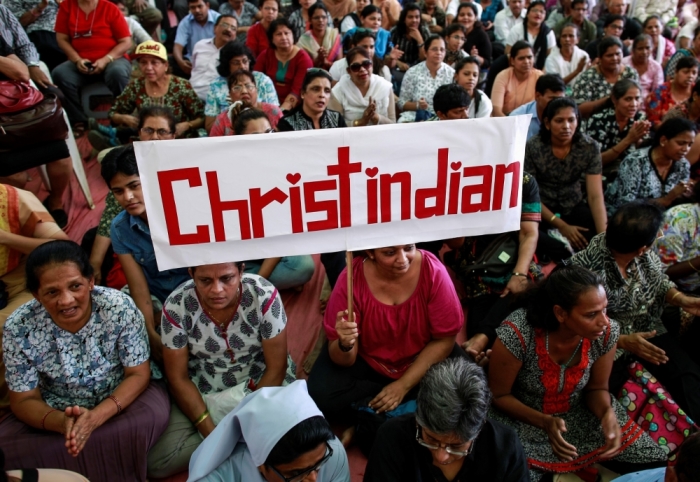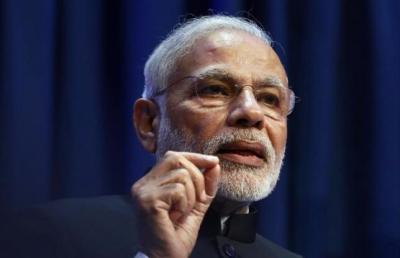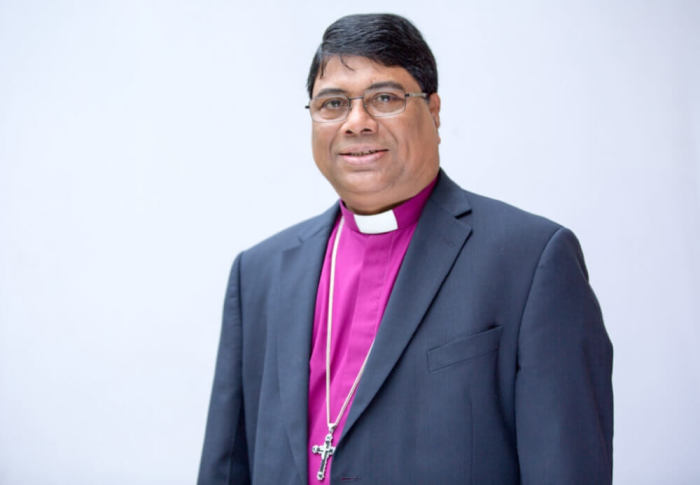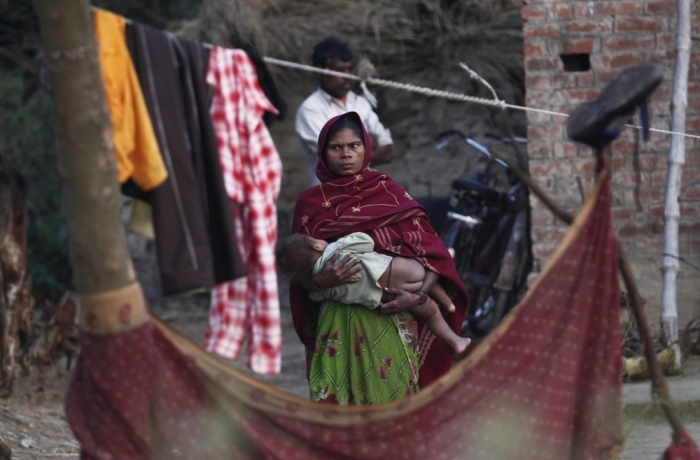Tipping Point of India's Caste System Is 'Fast Approaching,' Bishop Joseph D'souza Says (Interview)

The "dam is bursting" on India's discriminatory caste system, says prominent Indian Bishop Joseph D'souza, who told The Christian Post that the demise of India's prejudiced social order could likely come during his lifetime.
For centuries, India has been entrenched in an unjust social construct that has discriminated against the lowest and most vulnerable members of society and kept those in the lowest rungs of the caste system from being able to access equal educational and economic opportunities that could allow them to create comfortable lives for themselves and their families.

While those in the highest castes of the system are living comfortable lives, the same opportunities they receive are not afforded to those in the Sudra caste (commoners, peasants, laborers) or those considered to be Dalits or untouchables (street sweepers, toilet cleaners).
While the Hindu right-wing elites are fighting hard to protect the current social order, India's Prime Minister Narendra Modi, who himself has low-caste roots, came out last Friday and criticized the caste system as "poison" that has "destroyed this country."
"If we want to free this country of poverty then we need development. We will need to empower the poor," Modi said in an interview with CNN-News18, according to a translation by First Post. "We have a culture dating back thousands of years ... we have seen some imbalance in our society ... we have to intelligently take our society out of this imbalance. This is a social problem. It is deeply rooted. Politics on social imbalances is disservice to society ... to all those who have faced injustice for generations."
In an interview with CP earlier this week, D'souza, a prominent human rights activist and the president of the All India Christian Council who has been one of the leading voices calling for an end to the caste system, said that the economic development that Modi wants to create can't truly happen unless corruption and the caste system are brought to an end.
"He has begun to handle corruption but if he does not handle caste, his vision of economic development is not going to work," D'souza said.
D'souza, who is also the president of the Dalit Freedom Network and moderating bishop of the Good Shepherd Church and Associated Ministries of India, explained that he and other prominent opponents of caste believe that Modi could be the right guy to finally help bring an end to the social cancer of the caste system.
"Some of us who have been involved in the whole caste issue for the past 25 years, we are observing the life of Modi and his own background. Many of us who are looking at it from the caste angle believe that the only reason he is able to go further than any other prime minister and has said some very strong things about the caste is because of his own low-caste roots," D'souza explained.

"He comes from what is called the Sudra, the largest caste, the backward caste," D'souza continued. "He would have, as a child, experienced some of the discrimination from the upper caste, especially the Bhramin caste, shown toward not just the Dalits but also the backward castes."
D'souza said that Modi is the most powerful prime minister since Indira Gandhi, who was assassinated in 1984. D'souza said that there is a belief that Modi could soon be faced with a choice of whether to stay loyal to the Hindu right-wing elites that helped him gain power or the young Indian voters who voted him into power with the hope of putting the caste system aside.
"So, sooner or later, there is going to be an internal conflict and we needed to wait and watch what happens as issues erupt," D'souza said. "And, the Brahmins are surely worried because he has taken on the cow vigilantes and called a majority of them criminals and now he has come [to speak out against the caste system.]"
Although one measure that Modi has put in place requires banks to give financial aid and loans to Dalits, low caste individuals and women in order to help them become entrepreneurs, D'souza asserted that the only real way to help create a culture of opportunity for the poorest in society to help them get out of poverty is by creating equal education opportunities.
"India has a paradoxical education system, thereby the upper class and those who have money have been sending all of their children for the last 70 years to either Christian or private English-language schools, while Dalits have no access to these schools and the low castes cannot afford it," he explained. "For this to radically change, it needs to be more than economic. We have to continue to campaign and call for an equal education system for all. Let's remove this monopolized English education just for upper caste and make sure every Indian learns English as well as mother tongue — a bilingual education system. If that is enforced around the country for the next 20 to 25 years, the caste will go."
D'souza concluded by suggesting that the "cracks in the caste system have come."
"I believe the dam is bursting and we are fast approaching a big tipping point and we hit that tipping point through multiple means," he said. "We have made appeals to people of all faiths because the caste system has also penetrated Christianity, Islam, everybody, but not to the same degree. We don't have a theological base to support it. But, prejudice has come in."
"I think the tipping point for how this is headed, I think it will happen in our lifetime," he concluded.





























